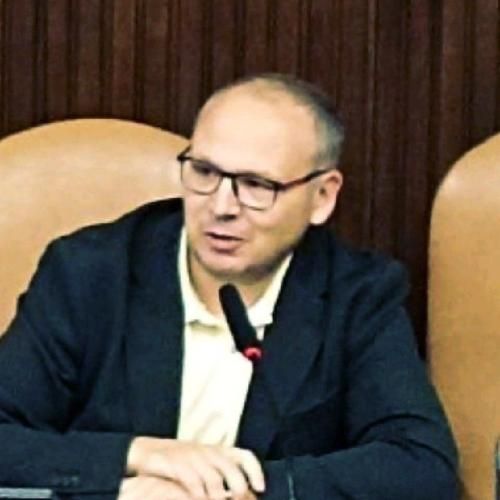JOSE BENITO
QUINTANA ALVAREZ
Profesor titular de universidade

Lubertus
Bijlsma
Publikationen, an denen er mitarbeitet Lubertus Bijlsma (14)
2024
2022
-
Use of illicit drugs, alcohol and tobacco in Spain and Portugal during the COVID-19 crisis in 2020 as measured by wastewater-based epidemiology
Science of the Total Environment, Vol. 836
2021
-
Assessing population exposure to phthalate plasticizers in thirteen Spanish cities through the analysis of wastewater
Journal of Hazardous Materials, Vol. 401
-
Source identification of amphetamine-like stimulants in Spanish wastewater through enantiomeric profiling
Water Research, Vol. 206
-
The embodiment of wastewater data for the estimation of illicit drug consumption in Spain
Science of the Total Environment, Vol. 772
2020
-
Assessing alcohol consumption through wastewater-based epidemiology: Spain as a case study
Drug and Alcohol Dependence, Vol. 215
-
First nation-wide estimation of tobacco consumption in Spain using wastewater-based epidemiology
Science of the Total Environment, Vol. 741
-
Monitorizando el consumo de cannabis en España a través de las aguas residuales en el marco de la red ESAR-Net
"Cannabis": evidencia científica vs. controversia social (Dykinson), pp. 103-113
-
Spatio-temporal assessment of illicit drug use at large scale: evidence from 7 years of international wastewater monitoring
Addiction, Vol. 115, Núm. 1, pp. 109-120
2018
-
Multi-year inter-laboratory exercises for the analysis of illicit drugs and metabolites in wastewater: Development of a quality control system
TrAC - Trends in Analytical Chemistry, Vol. 103, pp. 34-43
-
Wastewater-based epidemiology: Applications towards the estimation of drugs of abuse consumption and public health in general. The Spanish network ESAR-Net
Revista Espanola de Salud Publica, Vol. 92
2017
-
Improving wastewater-based epidemiology to estimate cannabis use: focus on the initial aspects of the analytical procedure
Analytica Chimica Acta, Vol. 988, pp. 27-33
2012
-
Comparing illicit drug use in 19 European cities through sewage analysis
Science of the Total Environment, Vol. 432, pp. 432-439
